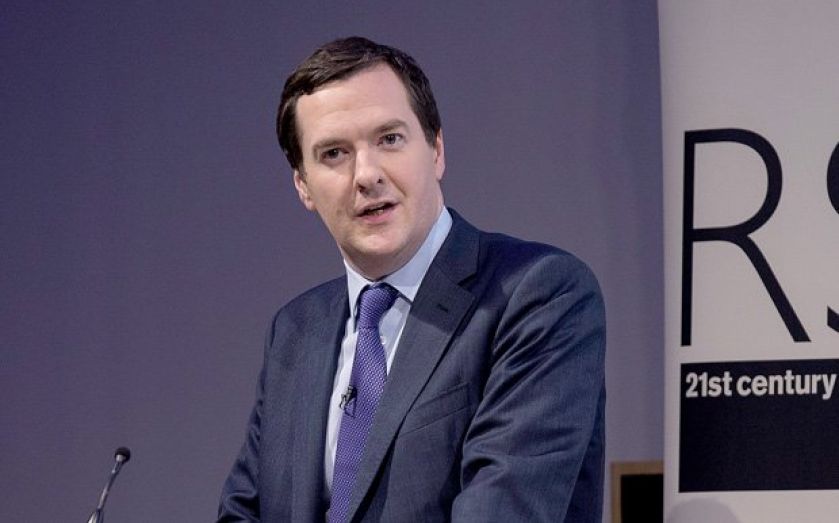Companies turn away from tax avoidance plans

THE TAXMAN suspects Britain’s biggest companies of underpaying taxes to the tune of £18.8bn in the last year, though this figure is down 12 per cent on the previous year in a sign that firms are being less aggressive with their financial planning.
Figures from HM Revenue & Customs show that suspected underpayments or “tax under consideration” have fallen by a quarter in the past two years.
“Single interest groups find this hard to acknowledge but big listed companies are now very rigorous about adhering to the principle of good corporate citizenship. They don’t want to alienate their customers by underpaying tax,” said Jason Collins, head of tax for law firm Pinsent Masons, which published the HMRC figures based on the obligations of 770 large companies.
The numbers show that £2.6bn of the tax that HMRC feels may have been underpaid is part of explicit avoidance schemes.
The exchequer normally finds that around half of tax under consideration is due after further investigation.
British firms paid £39.5bn in corporation tax in 2012-13, down six per cent on the previous year due to a fall in North Sea energy levies but up 35 per cent on a decade ago. Total tax contributions from large UK firms rose £1bn to £78bn in 2013, according to accountancy group PwC.
The figures come as chancellor George Osborne looks to impose tougher punishments on individuals who fail to declare money held offshore, even if they do not intend to evade tax.
“The vast majority of wealthy people pay their taxes and their share of tax income has been going up. HMRC believes it has been difficult getting the outright tax evader,” Osborne told journalists at the IMF spring conference in Washington at the weekend.
Phil Berwick, head of contentious tax at law firm Irwin Mitchell, warned that removing the need to prove people intended to evade tax payments means HMRC might “focus on ‘soft’ targets, and hardcore evaders will still evade capture or punishment”.